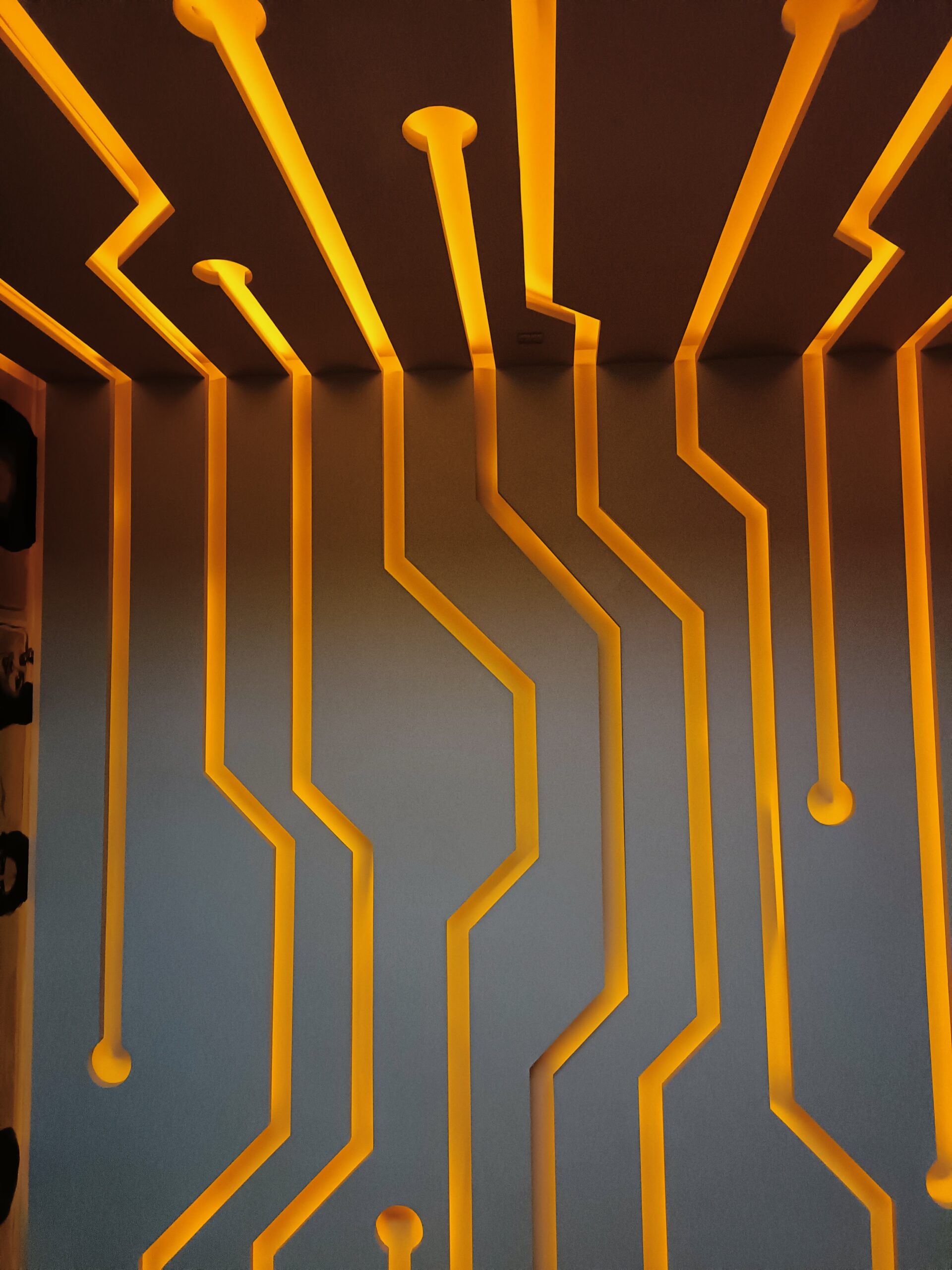He looked like a good old boy.
He was tall (six foot three in, as they say, his stockinged feet), with blond hair and piercing blue eyes, which had more than once been favourably compared to those of Paul Newman. He spoke with a slow southern drawl, which had to be a cheat because – as everybody was well aware – he was born and raised in Brooklyn.
When he walked onto the podium, it was with a very slow, very self-assured gait. He was flanked by several scientists. If he was nervous, with flash-bulbs going off every few seconds, with TV cameras aimed straight at his jugular, with dozens of reporters waiting to ask him about every facet of his upcoming mission, he didn’t show it.
On the curtain behind him was a huge version of the National Aeronautics and Space Administration logo. It was also on the shoulders of his jacket. It was also over the breast of the shirt of each of the scientists. One might have thought that NASA was suffering from a massive inferiority complex.
Come to think of it, what with all the cuts being made to the space programme, there may have been more than a grain of truth in that thought.
“Ladies and gentlemen,” an unidentified scientist addressed the crowd. I would like to introduce America’s newest astronaut, Frank Poole, Senior.”
There was scattered applause. Poole acknowledged it with a brief nod of his head and sat down at the desk on the stage.
Immediately, one of the reporters stood up. “Mr. Poole,” he asked, “Rumour has it that you will be going up with the next shuttle mission. Is that correct?”
Poole leaned forward over the table in order to better speak into the microphone. “That is correct,” he said.
“In what capacity?” the reporter followed up.
Poole looked off to the side, where a NASA official nodded imperceptibly. “Ah am listed,” Poole coolly responded, “as Primary Sanitary Engineah for the comin’ shuttle flight.”
“In other words,” another reporter jumped in, “you’re really nothing more than a space garbage man.”
“That is correct.”
A murmur traveled around the room. It could have been a murmur of approval; more likely, it was a murmur of disbelief. At their basic level, murmurs are inscrutable.
“Mistuh Poole,” another reporter, hoping to appeal to Poole’s non-existent southern sentiments, stated, “Let’s cut thuh malarkey – shall we? – and get down tuh facts. Why is NASA sendin’ a garbage man intuh space?”
“Wull,” the man on the podium replied, “Since we and the Russians started sendin’ thangs up intuh space in the 50s, theah have been no real plans on getting’ any uh that stuff back. Theah must be thousands of useless pieces of scrap up in space…”
“But,” the reporter went on, “how can NASA justify the tremendous expense to train you and send you into space, suh?”
“Ah believe that this heah debris is becomin’ a navigational menace,” Poole, as if lecturing a child, stated, “and that it is only a mattah of tahm befoah one of ouh shuttles crashes into something up theah. Rather than lose an expensive piece of equipment, not to mention some good ol’ American lahves, Ah was called in.”
“What experience do you bring to the job?” one woman asked, although the question had been answered in the press kit. Obviously, she was from a television station.
“Wull,” Poole responded, “Ah was a gahbage coll…ah mean, Sanitation Engineah in Brooklyn for ovah 12 yeahs. Then, ah took a three week course at Kennedy Aih Force Base, and here ah am!”
“What kind of satellites will you be bringing down?”
“Whatevah’s up theah,” Poole answered in a charming, if somewhat evasive, manner.
“Will you be limited to American satellites?”
“Whatevah’s up theah,” Poole stuck to his answer. Before that reporter could press the point, another one stood up. “Are you looking forward to going into space?”
“Wull, shoot, yeah,” Poole replied, obviously relieved that the line of questioning had changed. “Ah been dreamin’ of flyin’ intah space since Ah was a kid. Now, Ah kin do that, and serve mah country at the same time…”
The previous journalist refused to be put off. “Isn’t it true,” he interrupted, “that you are being sent into space to recover Russian satellites so that our scientists can study them?”
There was huge outburst, focussing more on the young reporter who had the bad taste to ask the question than on Poole’s floundering attempt at a response. Eventually, one of the NASA officials shouted into the microphone, “Thank you for coming. There will be no further questions at this time. Thank you.”
Poole was hustled off the podium.
Man’s greatest adventure continues?


